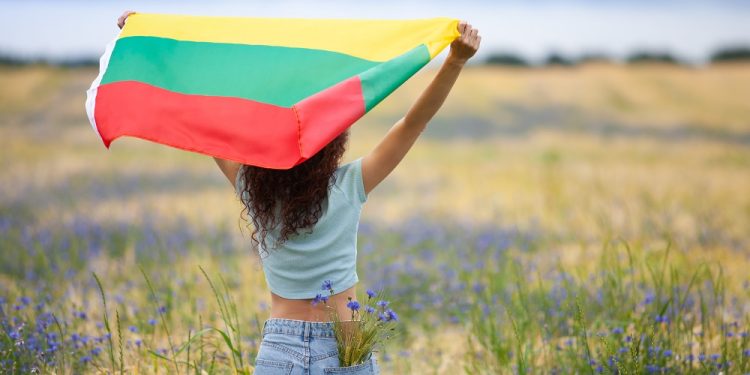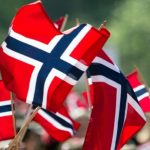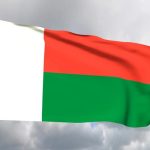
Restoration Of The State
Lithuania is one of the few countries in the world that celebrates two days of independence. For anyone familiar with this country’s history, however, that shouldn’t be too surprising. On February 16th every year, Lithuania celebrates the Restoration of the State, and on March 11th every year, the country celebrates the Restoration of Independence.
The holiday that we’re going to discuss in this article is the Restoration of the State. This day commemorates the signing of the Act of Independence of Lithuania on February 16, 1918. Ever since then, this holiday has been observed all across Lithuania.
The History of The Restoration Of The State In Lithuania
Although Lithuania had been an independent country since the Middle Ages, the Russian Empire assumed control of it during the 18th century. Lithuanian rule would then pass to German troops during WWI, but that only lasted until the Russian Revolution of 1917.
When that happened, Germany gave Lithuania the choice to either align themselves with them or with Russia. Not wanting either option, Lithuania signed the Act of Independence of Lithuania on February 16, 1918.
Facts About Lithuania
We wanted to cover a few interesting facts about Lithuania in this holiday article, so we decided to do a little bit of research and come up with some facts that everyone can appreciate. Let’s take a look at them below before discussing how Lithuanian Independence Day is observed.
- Lithuanian is one of the oldest living Indo-European languages in Europe.
- The most popular sport in this country is basketball.
- The Vilnia River is dyed emerald green every year for Saint Patrick’s Day.
- The oldest tree in Europe is the Stelmužė Oak. It has been in Lithuania since the Crusades.
Observing Restoration Of The State In Lithuania
This holiday is observed by flying the Lithuanian flag, lighting bonfires on Gediminas Avenue in Vilnius, and visiting the graves of the signatories in Rasos Cemetery. This holiday is also observed with concerts and other Independence Day ceremonies.








